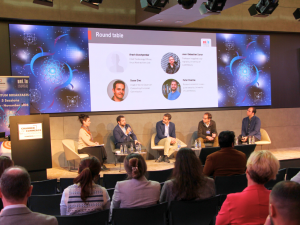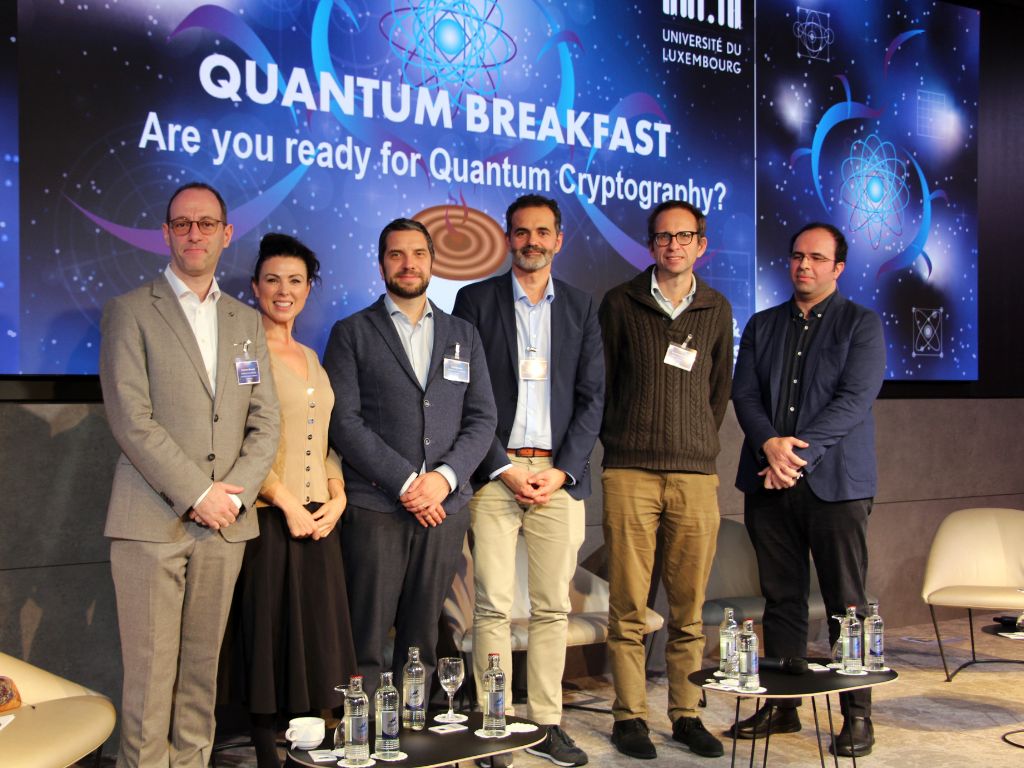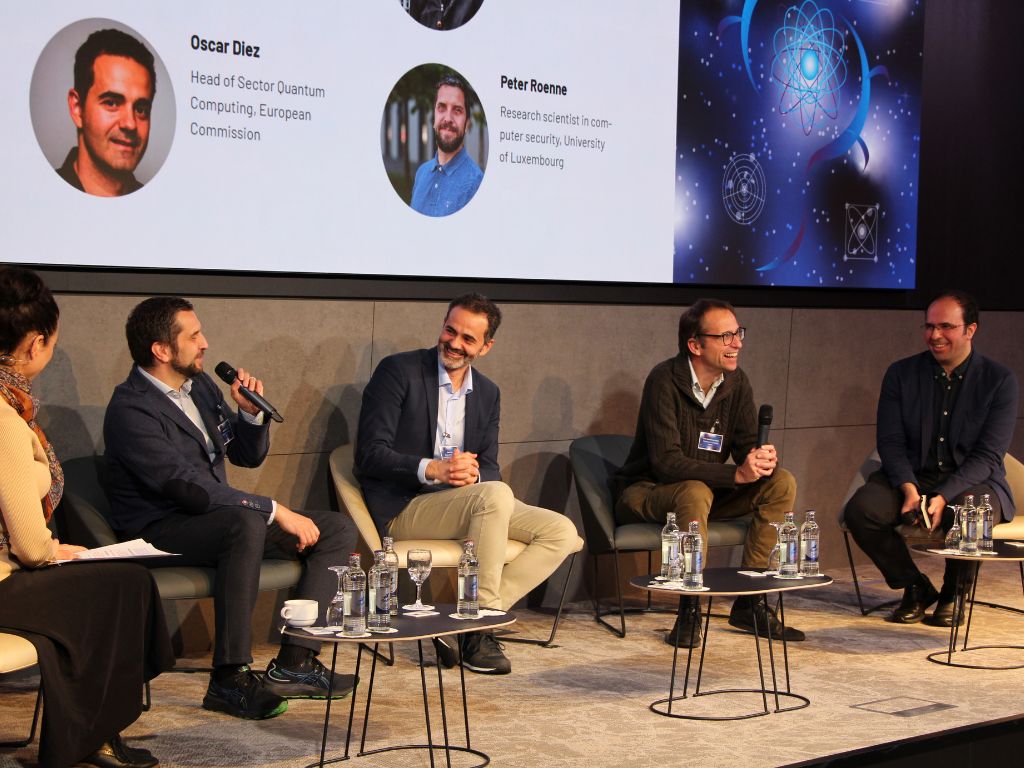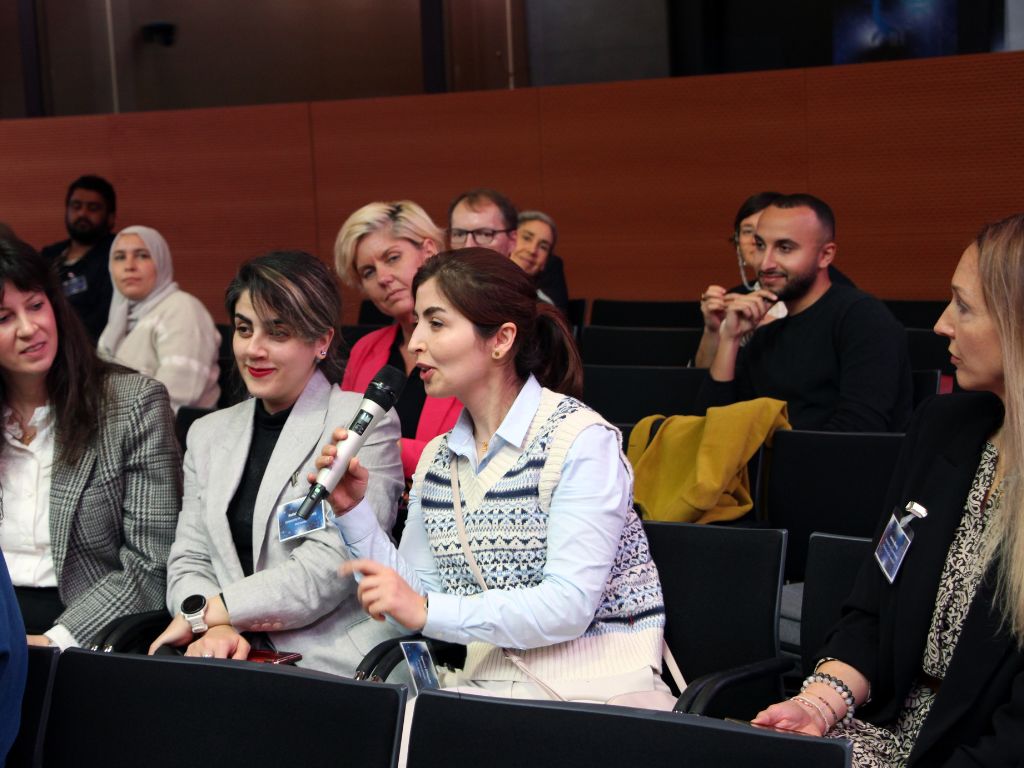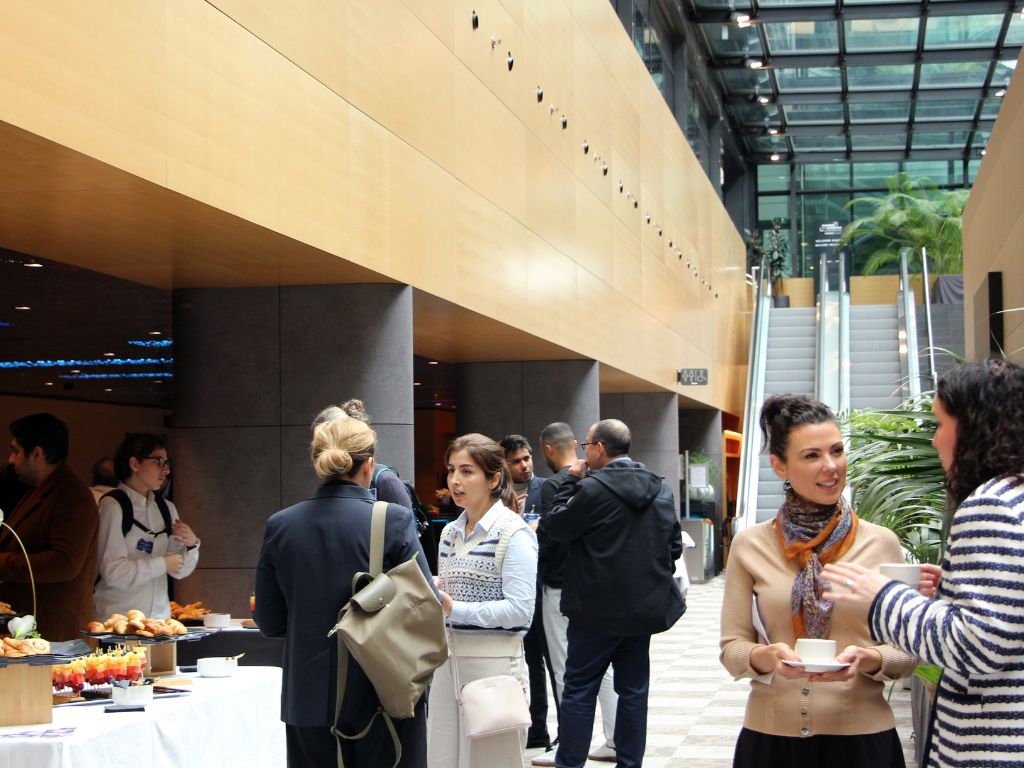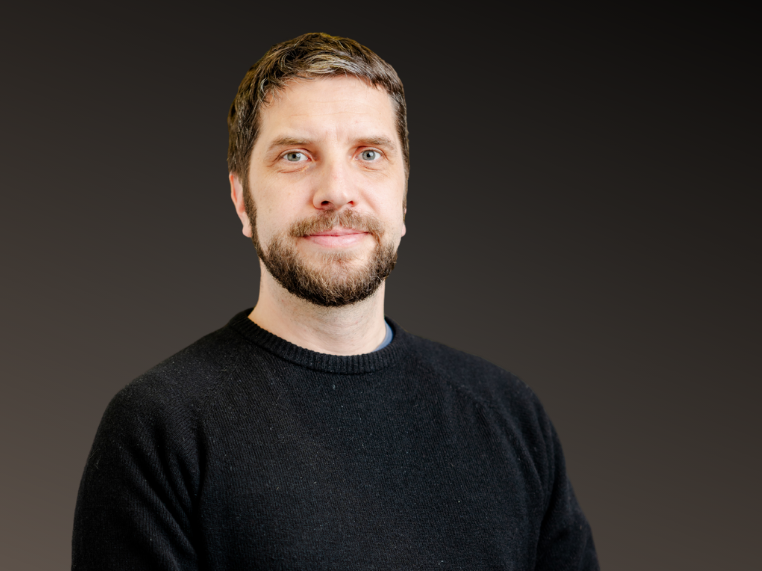When tomorrow’s hackers arrive, they may not break into your system with brute force; they might simply calculate their way in. Imagine a world where every lock we trust online, from banking apps to satellites, can suddenly be picked by a new kind of mind: a quantum computer.
That unsettling idea formed the heart of the latest Quantum Breakfast, moderated by Lisa Burke. Researchers, policymakers, and industry professionals explored the pressing question: are we ready for the quantum cryptographic era?
This discussion marked a natural continuation from previous breakfasts, where participants considered how quantum algorithms could solve the impossible. This time, the focus shifted from potential to protection: how do we keep our digital world safe in a quantum future?
When the locks change overnight
“Think of quantum computing as the meteorite that wiped out the dinosaurs of today’s encryption,” joked Professor Jean-Sébastien Coron of the University of Luxembourg. Classical cryptographic schemes like Rivest–Shamir–Adlema (RSA) and elliptic curve encryption, he explained, rely on mathematical problems so difficult that even the fastest supercomputers cannot solve them within a lifetime. But quantum computers, operating on qubits that process countless possibilities simultaneously, could crack those codes in hours.
Yet, this isn’t just a distant, theoretical problem. “Things are moving very fast,” warned Oscar Diez, Head of the Quantum Computing Sector at the European Commission. “We’re talking about timeframes of just a few years.”
Indeed, researchers and policymakers now recognise a narrow window – perhaps until 2035 – to secure digital infrastructure before powerful quantum machines make today’s protections obsolete.
From post-quantum to pre-emptive
So, what happens when the maths that secures our emails, digital IDs, and banking transactions is no longer safe? The answer lies in post-quantum cryptography: new mathematical schemes designed to withstand attacks from quantum computers. Unlike quantum key distribution (QKD), which relies on physical quantum channels and specialised hardware, post-quantum algorithms can be implemented using existing digital infrastructure, making them both practical and scalable.
Still, as Dr Peter Roenne, Research Scientist at SnT reminded the audience, “migration is complex, and urgency is relative.” Moving global communication systems to new cryptographic standards involves years of testing, standardisation, and coordination across public and private sectors. “It’s not just about changing algorithms,” he explained. “It’s about updating browsers, chips, and smartcards: millions of devices that must all speak the same new language of security.”
‟ We can’t wait until the quantum computers are here. By then, it will be too late to migrate”
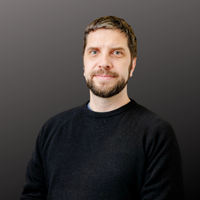
Head of APSIA (Applied Security and Information Assurance) research group at SnT
Real-world stakes
The implications reach far beyond computer science. Today, digital sovereignty defines national power and being late to secure communications means more than data loss – it means vulnerability. Sensitive information such as medical records, financial transactions, and even government communications could be intercepted today and decrypted later, once quantum computers mature: This is a strategy cybersecurity experts call “harvest now, decrypt later.”
That’s why the European Commission, under initiatives led by Oscar Diez, is prioritising quantum-safe networks across Europe. These include projects like EuroQCI (the European Quantum Communication Infrastructure) and new PQC standardisation efforts aligned with international frameworks like the US NIST process. “We are not only preparing for quantum computers,” Diez noted, “we are also working to ensure Europe keeps its autonomy and trust in its digital systems.”
Europe’s race against time
The timeline is tight. As Diez pointed out, the Commission expects EU member states to begin transitioning to quantum-resistant standards by the end of next year, with full adoption across key infrastructures by the early 2030s. The United States, United Kingdom, and Australia have set similar deadlines in a rare global consensus that underscores how universal the challenge has become.
But implementing quantum-safe communication is far from trivial. QKD – often touted as “unbreakable” – is still limited by distance, cost, and trust in hardware. It also demands a level of cooperation among European member states that is not always straightforward. “Europe is excellent at building infrastructure,” Diez said candidly, “but not always at commercialising it or unifying it under one approach.”
At the same time, Luxembourg researchers are helping design hybrid solutions that combine classical and post-quantum methods, ensuring security even during the transition. As Coron explained, these “two-layer” systems ensure that if one cryptographic scheme is ever broken, the other still holds the line.
‟ Hybrid encryption lets us build bridges rather than walls – security that evolves instead of collapses.”
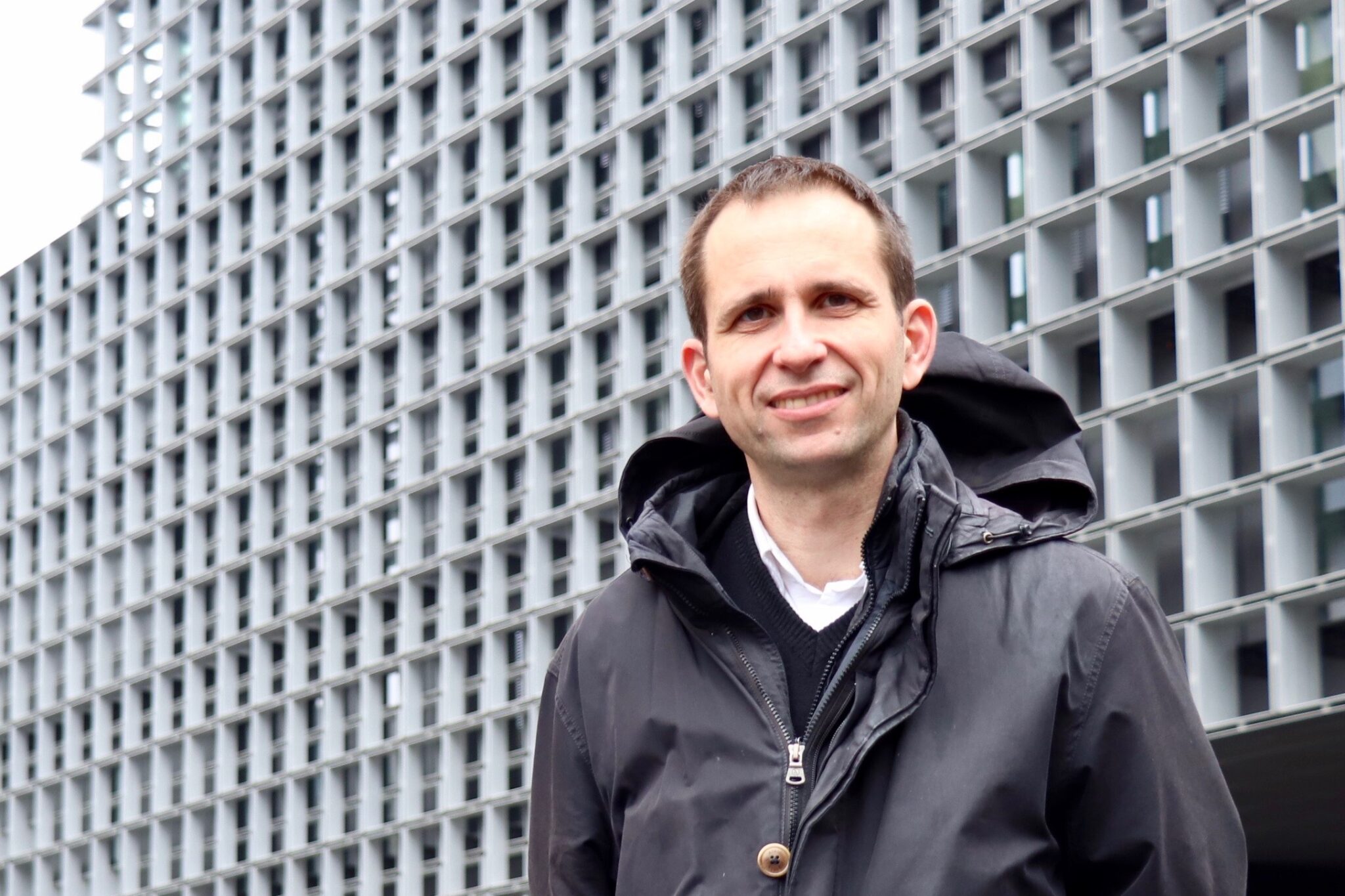
Head of the Applied Crypto Group (ACG) at the FSTM
From trust to transparency
Much of the discussion circled back to trust; in systems, in suppliers, and in verification. As Arash Atashpendar, Chief Technology Officer at itrust Abstractions Lab, noted, the real challenge lies in implementation and certification. “It’s not enough to have a secure algorithm on paper. You must prove it’s secure when deployed – in a chip, in a smartcard, in a satellite.”
Luxembourg is well-positioned here. Researchers at SnT are developing tools to verify and test cryptographic systems, ensuring they work as securely as designed. Open, auditable design, several speakers argued, is the best antidote to the opaque “black box” hardware dominating parts of the global market.
In a geopolitical climate where technology, defence, and sovereignty increasingly overlap, such transparency is not just a scientific virtue, it’s a strategic necessity. “We must be able to detect problems and react fast,” emphasised Diez. “That’s part of the trust cycle.”
Luxembourg’s leadership in the quantum decade
As moderator Lisa Burke reflected at the close, this Quantum Breakfast felt different:
“We’ve discussed the promises of quantum before, but this one worried me the most because it’s about trust, and trust touches everyone.”
Burke’s words summed up the morning’s message: quantum security is no longer just a scientific question but a shared responsibility. And Luxembourg, with its research a strength at the University of Luxembourg and SnT, can help Europe prepare for the future – building both the technology and the trust to secure it.
Join the next Quantum Breakfast
Quantum cryptography may sound abstract, but it affects everyone who depends on digital trust – from citizens to CEOs. That’s why the 2025 Quantum Breakfasts aim to make these complex ideas accessible and connect research, industry, and national strategy, ensuring Luxembourg helps shape the quantum future.
The next Quantum Breakfast takes place on 27 November 2025 at the Chambre de Commerce, exploring “Are you ready for Quantum, AI and Data?”
